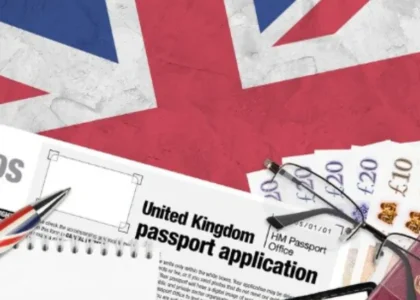You must make a financial plan in advance if you are studying abroad. You have a lot of options at your disposal to lower the cost of studying abroad. Applying for a scholarship is one of the most sought-after choices. whereas obtaining a freeship is a common alternative. We chose to explain the fundamental differences between the two choices because we knew you could be confused by them.
How do scholarships work?
Consider a scholarship as a form of financial aid that normally pays for a predetermined portion of your tuition. You have been given this financial assistance as a result of your application. Consequently, you are not compelled to repay it. A student typically receives a scholarship based on merit.
Different types of scholarships
- Merit-based: Depends on the student’s academic or extracurricular performance.
- Student specific: Applicants who meet the criteria based on gender, race, religion, family, and medical history
- Destination specific: Bursaries and funds granted to students from a particular country. For instance, the UK Government’s Chevening fellowship
- Subject-specific: Certain universities award grants to students for a specific field of study
- Need-based: Targeted towards students facing financial constraints owing to parents’ financial background. Also known as ‘freeships’ in some universities.
- Athletic scholarships: Provided to top-notch sportsmen, who can represent the university
What is a Freeship?
A total exemption from paying college fees is known as freeship. This is another type of financial aid that supports your overseas study. Freeships are frequently provided to students from disadvantaged financial backgrounds. However, it might be considered a form of scholarship (100 per cent scholarship) when combined with academic success.
Freeships are sometimes referred to as need-based scholarships at some US universities.
How do I submit my freeship/scholarship application?
From university to university, the freeship or scholarship application procedure may be different. Typically, in order to qualify, an applicant must have received more than 60% of the possible points throughout their undergraduate studies.
You must be able to present mark sheets that reflect academic performance in order to be considered for a substantial proportion of merit-based scholarships. Similar documentation is required if you want to be considered for an athletic, regional, or minority scholarship.
Do freeships and scholarships have rules and regulations?
For you to continue receiving financial help from several institutions and scholarships, you must maintain a minimum grade point average (GPA) or continue making Satisfactory Academic Progress (SAP). If you don’t comply with these conditions, the assistance may be withdrawn.
It is usually a good idea to look into the scholarships you are eligible for after you have narrowed down the courses and study-abroad locations that most interest you. Make a good plan and begin the application process early to beat the competition.






